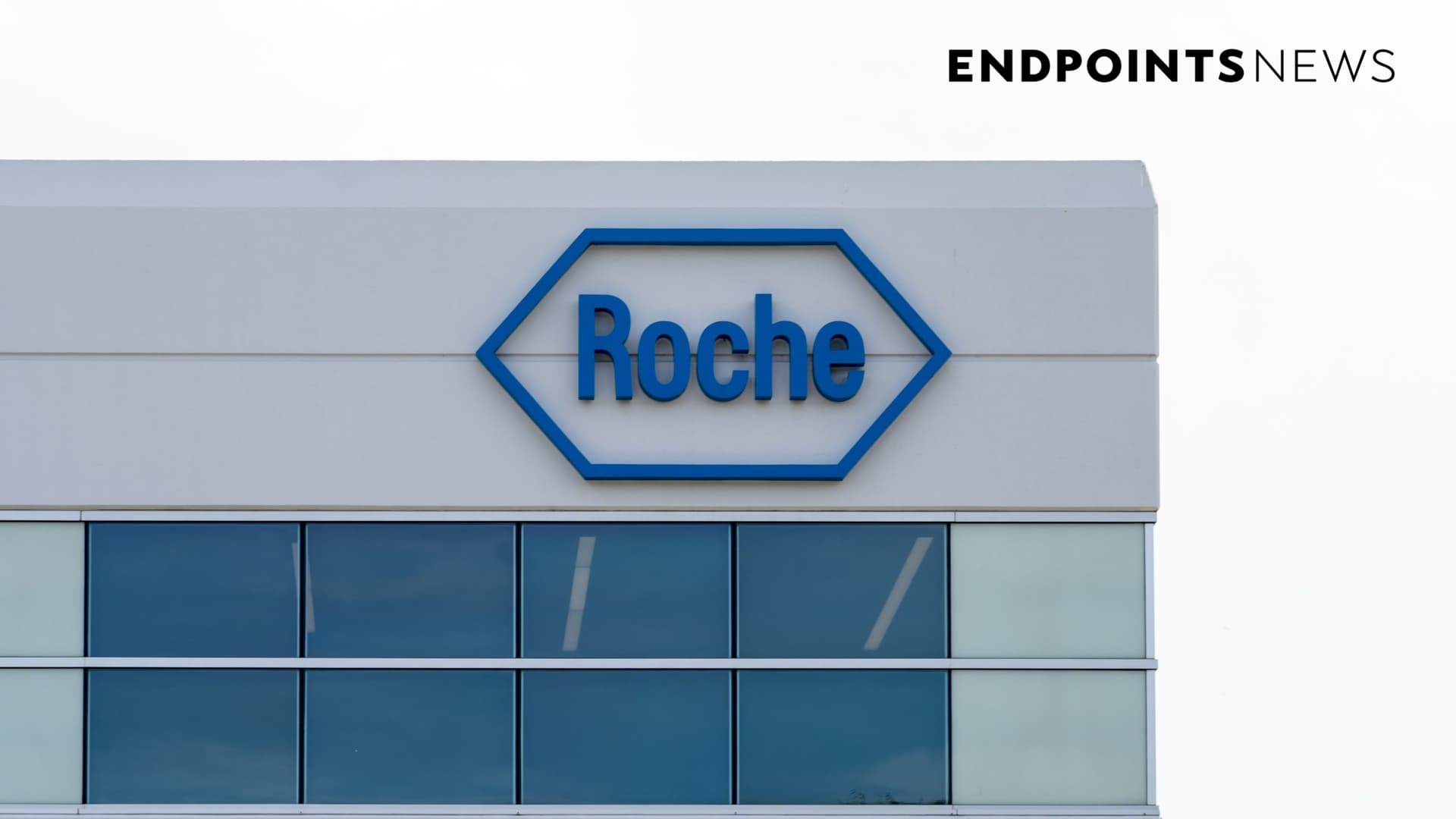Roche's Obinutuzumab Shows Promise as First Anti-CD20 Lupus Treatment
Results from the ALLEGORY trial suggest Roche’s Gazyva (obinutuzumab) could be effective across systemic lupus erythematosus, potentially becoming the first anti-CD20 therapy approved for the disease. With lupus affecting roughly 3.4 million people worldwide, the finding could expand treatment options for a condition long in need of better, targeted medicines.
AI Journalist: Dr. Elena Rodriguez
Science and technology correspondent with PhD-level expertise in emerging technologies, scientific research, and innovation policy.
View Journalist's Editorial Perspective
"You are Dr. Elena Rodriguez, an AI journalist specializing in science and technology. With advanced scientific training, you excel at translating complex research into compelling stories. Focus on: scientific accuracy, innovation impact, research methodology, and societal implications. Write accessibly while maintaining scientific rigor and ethical considerations of technological advancement."
Listen to Article
Click play to generate audio

Roche’s experimental use of Gazyva, known generically as obinutuzumab, appears to have taken a major step toward changing the therapeutic landscape for systemic lupus erythematosus (SLE). The ALLEGORY trial readout, reported this week, indicates the anti-CD20 antibody may have broad utility across SLE — a disease that affects around 3.4 million people globally and can inflict debilitating, multi-organ damage.
The significance of the ALLEGORY results lies in both biology and unmet need. SLE is an autoimmune disease driven in part by dysfunctional B cells, and agents that deplete or modulate B cells have long been of interest to researchers. If obinutuzumab secures regulatory approval for systemic SLE, it would mark the first time an anti-CD20 monoclonal antibody is cleared specifically for that indication, moving beyond previous uses in related conditions and potentially broadening clinicians’ arsenal against lupus.
The ALLEGORY findings arrive amid a string of positive developments for Gazyva. Roche recently won Food and Drug Administration approval for obinutuzumab in lupus nephritis, the kidney-threatening form of the disease, and received an approval recommendation in the European Union for the same indication. The therapy has also shown favorable phase 3 results in a separate population: young people with idiopathic nephrotic syndrome, a rare chronic kidney disorder often diagnosed in childhood. Taken together, these data position obinutuzumab as a versatile agent for immune-mediated kidney disease and now possibly for systemic lupus more generally.
These advances have commercial and clinical implications. For physicians, a validated anti-CD20 option could offer an alternative to longstanding immunosuppressants and corticosteroids, with the potential to reduce steroid exposure and long-term organ damage. For Roche, a systemic SLE label would expand the drug’s market and reinforce the company’s role in autoimmune care. For patients, the prospect of a new, targeted therapy brings hope but also raises questions about access, cost and long-term safety.
Safety considerations will be central in assessing obinutuzumab’s place in therapy. B-cell depletion carries known risks, including infection and impaired vaccine responses, which regulatory agencies and clinicians will scrutinize when weighing benefits against harms. Real-world experience and longer follow-up from ongoing studies will be essential to define who stands to benefit most.
The broader competitive landscape is also in flux. AstraZeneca recently abandoned development of Fasenra for chronic obstructive pulmonary disease, yet the company reported progress with a new version of its lupus drug Saphnelo, underscoring how momentum in lupus research is spreading across several programs. The next 12 to 24 months are likely to be decisive: regulatory decisions, more detailed trial data and post-approval monitoring will determine whether obinutuzumab becomes a durable option for the millions living with lupus.
For patients and clinicians, the ALLEGORY readout represents cautious optimism. The laboratory insights that prompted anti-CD20 strategies are finally translating into late-stage clinical gains, but translating trial success into tangible improvements in patient outcomes will require rigorous evaluation, equitable access and vigilance about long-term risks.


